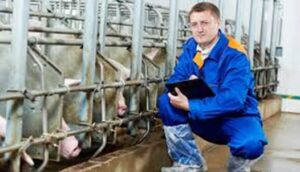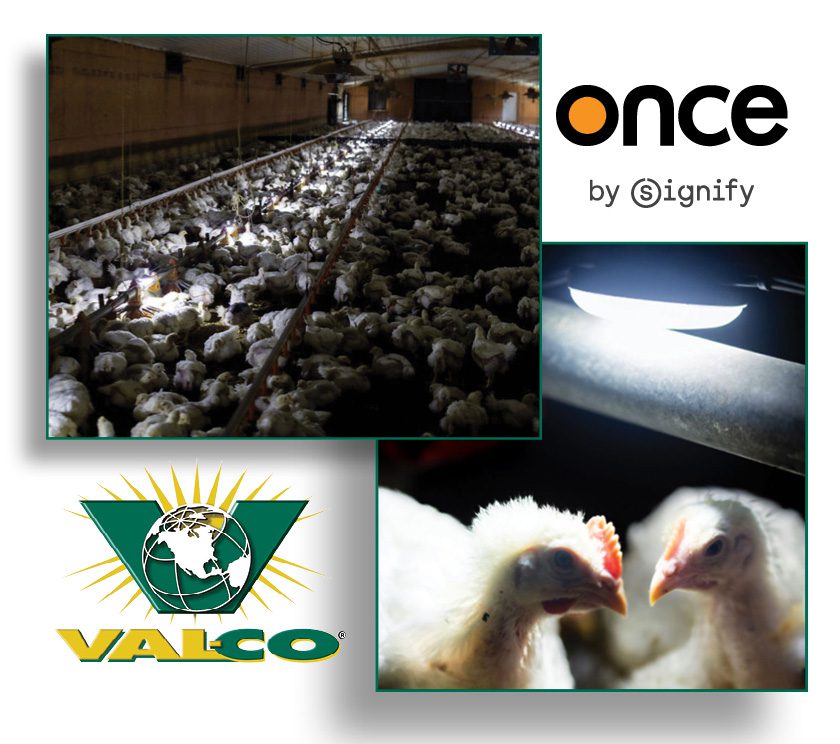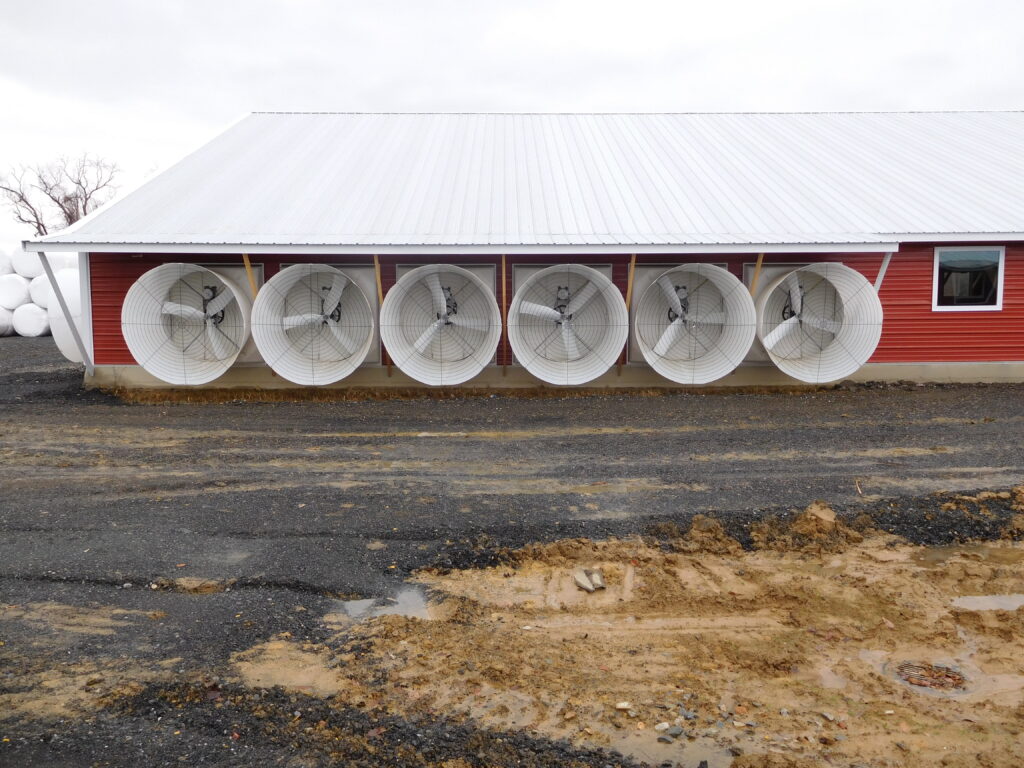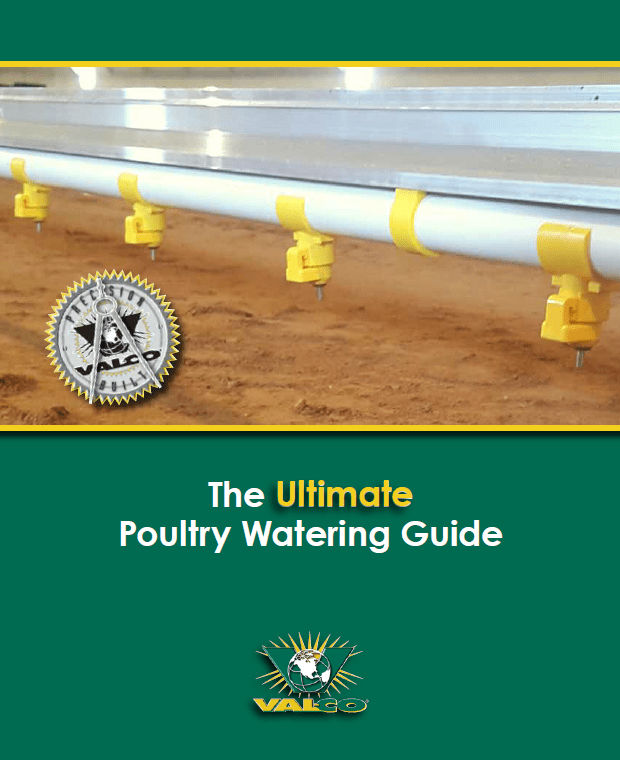 Farming is recognized as one of the most dangerous professions in the U.S. Because many farms are small farms and employ fewer than 10 people, farm safety is mostly unregulated.
Farming is recognized as one of the most dangerous professions in the U.S. Because many farms are small farms and employ fewer than 10 people, farm safety is mostly unregulated.
Farm hazards range from respiratory hazards created by dust and gases, exposure to chemicals like pesticides and cleaners, UV radiation from sun exposure, and illnesses from contact with bacterial and viral pathogens.
Farm safety is a set of proactive measures implemented to reduce physical risk. Such processes protect the well-being of farm workers. Implement, adhere to, and enforce safety measures to create a culture of safety.
Below are some suggestions to consider for your farm safety plan:
PPE:
- Long sleeve shirts, long pants, gloves, respirators when using chemicals or in dusty environments, steel toe boots, earplugs, and safety glasses should all be available and worn.
- Provide the appropriate type depending on the task, use it properly, replace and maintain it.
- Provide a place for clean storage when not in use.
Equipment:
- Understand and practice safe operation of all equipment and machinery.
- Perform regular maintenance and repairs.
- Maintain all machinery, equipment and infrastructure with routine service and repairs.
- Remove old equipment without appropriate safety features.
Chemical:
- Understand agrochemicals and their properties, safe use, storage, and disposal.
- Be aware of emergency first aid procedures; have emergency numbers posted.
Operational:
- Simplify farm systems to reduce complexity and confusion.
- Limit the number of hours worked and include regular breaks to minimize fatigue.
- Construct ergonomic workspaces – store tool cabinets below shoulder height, keep crop weights under 50 pounds, have suspension seats and lumbar supports in tractors.
- Use smaller sized containers or packaging to reduce heavy loads.
Seasonal:
- Prepare for poor weather and natural disasters – tornadoes, hurricanes, flash floods, extreme temperatures.
- Establish inventory system, identify exits routes, plan salvage operations.
- Address seasonal safety concerns – plan workflows to proactively address risks like equipment malfunction, silo ruptures, explosions, overhead powerlines.
- Schedule rest on days where workers are fatigued with heavy load and long workdays.
Farm accidents can come at a steep price. Illnesses, injuries, and fatalities can affect entire families and come at far more than just a financial cost. Regular safety training and scheduled risk assessments can help farmers avoid serious or fatal accidents and reduce income lost to accidents.




